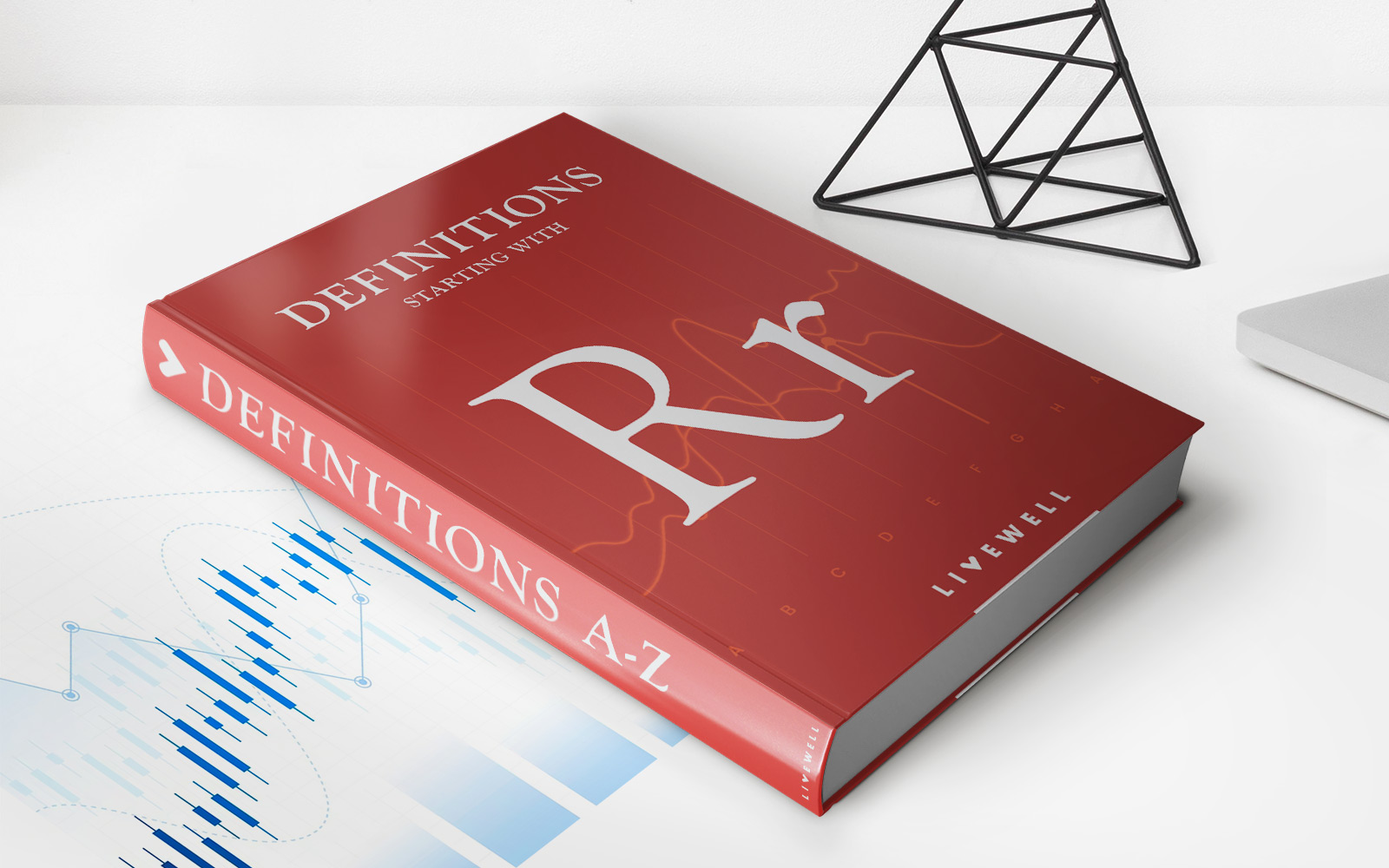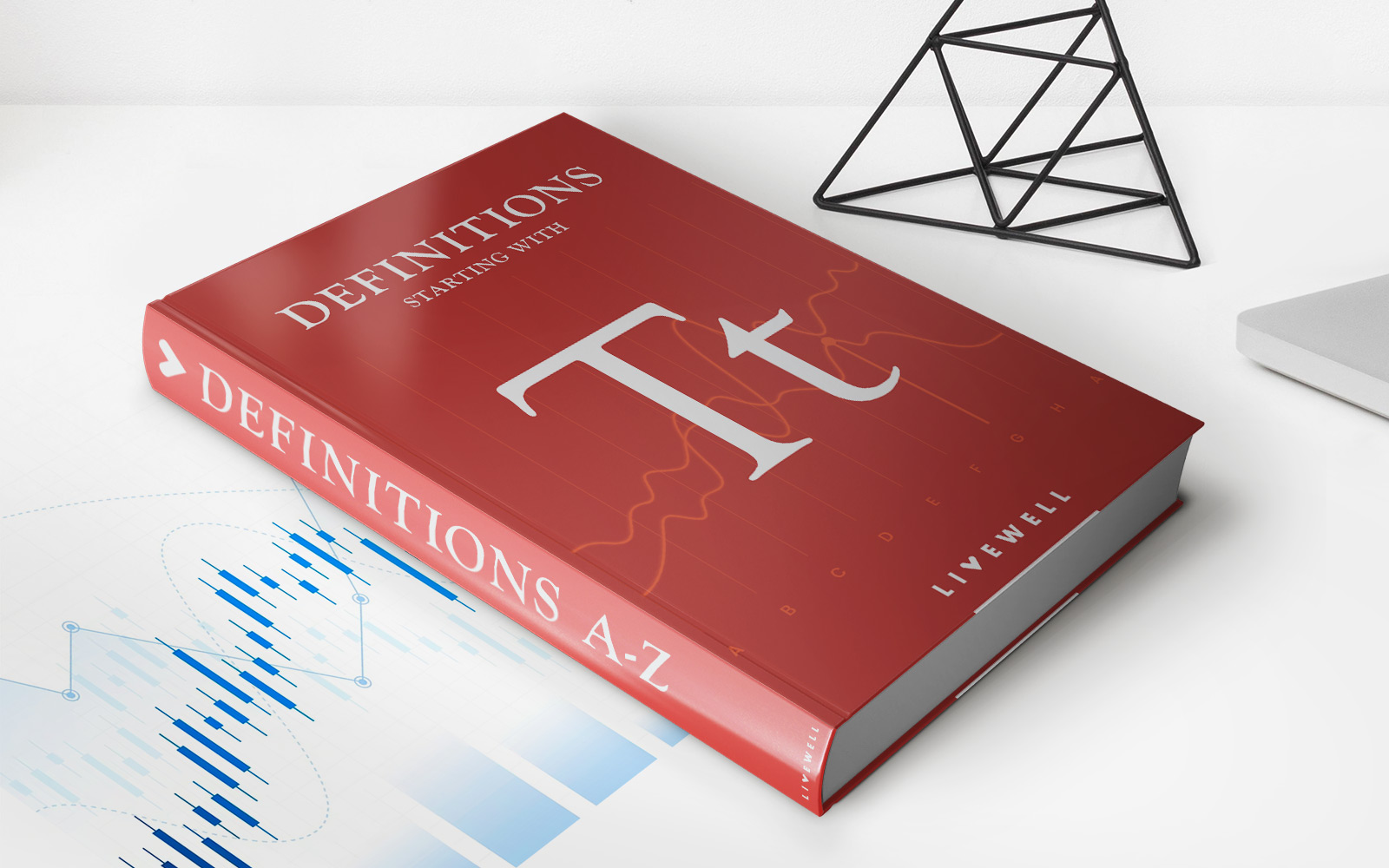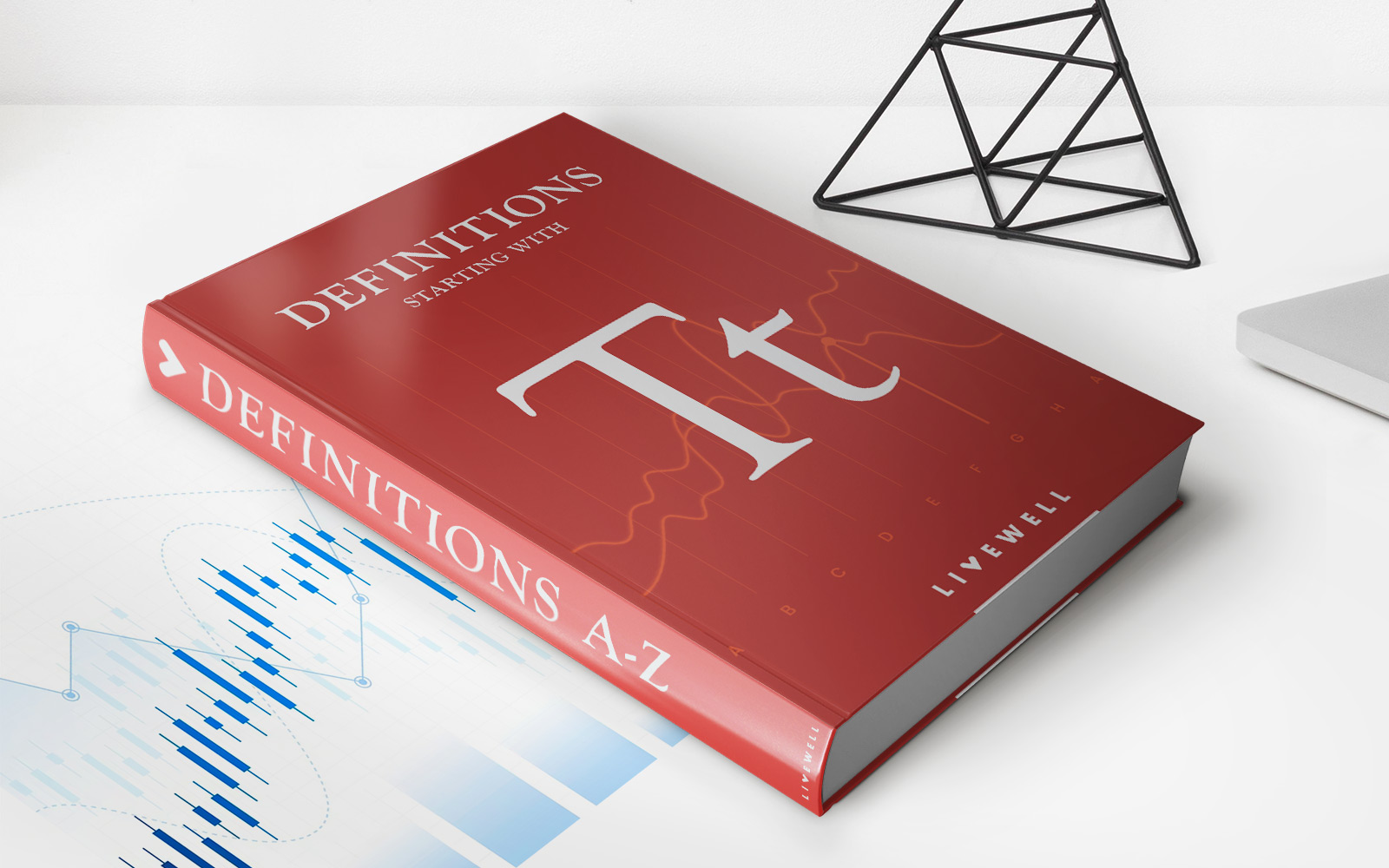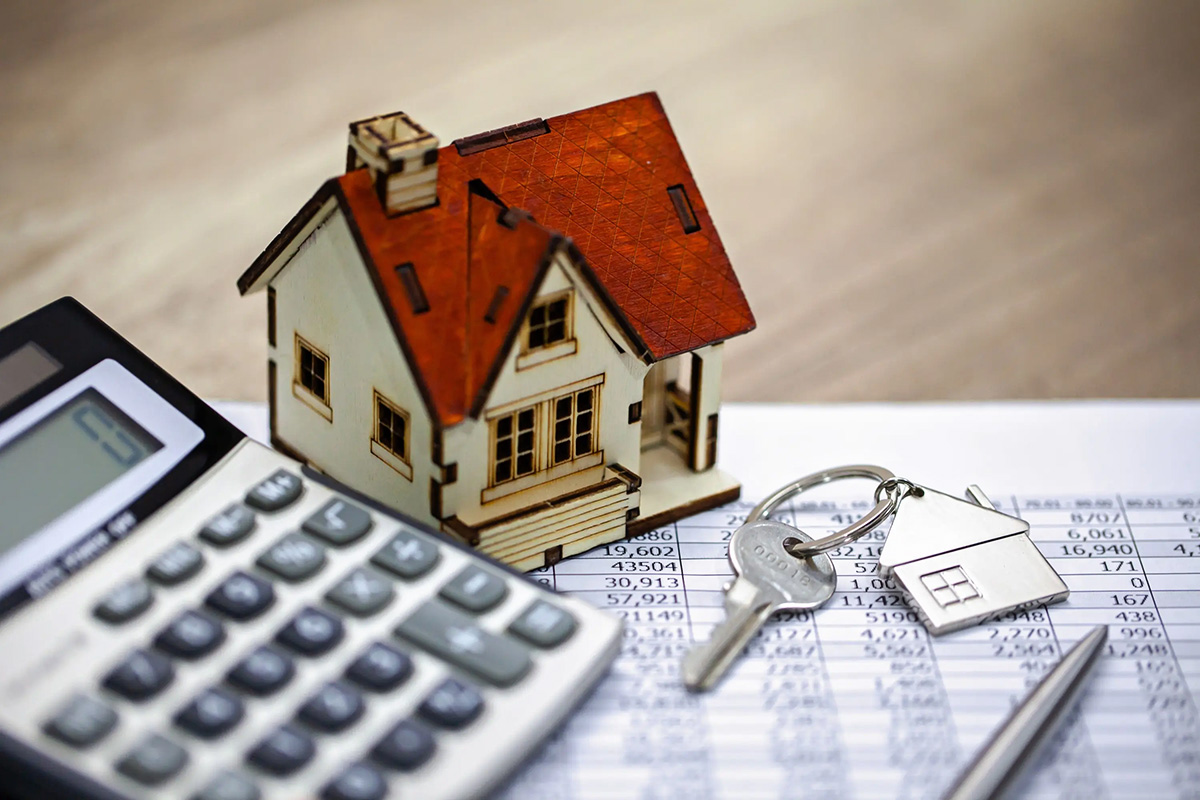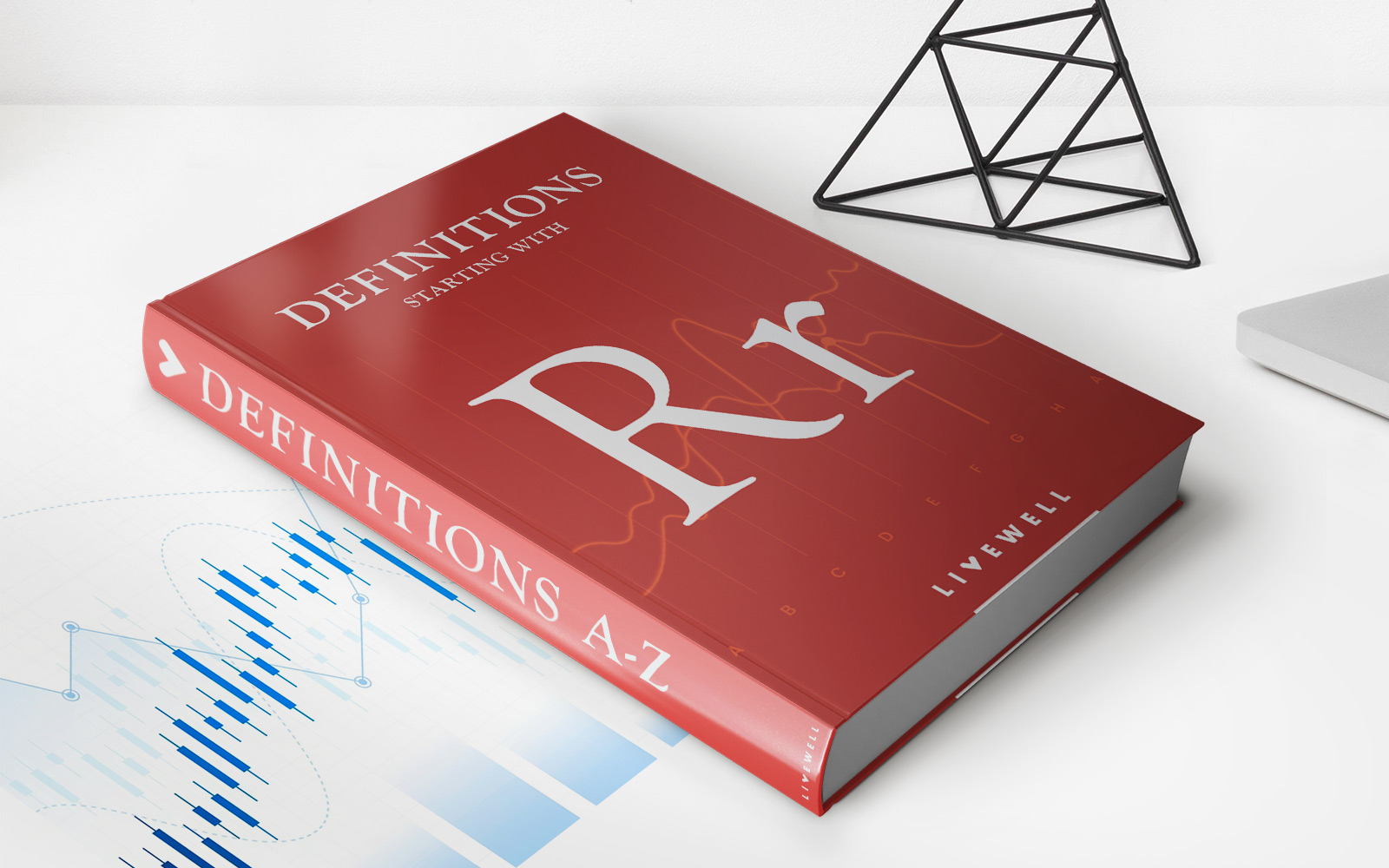Home>Finance>Property Tax: Definition, What It’s Used For, How It’s Calculated
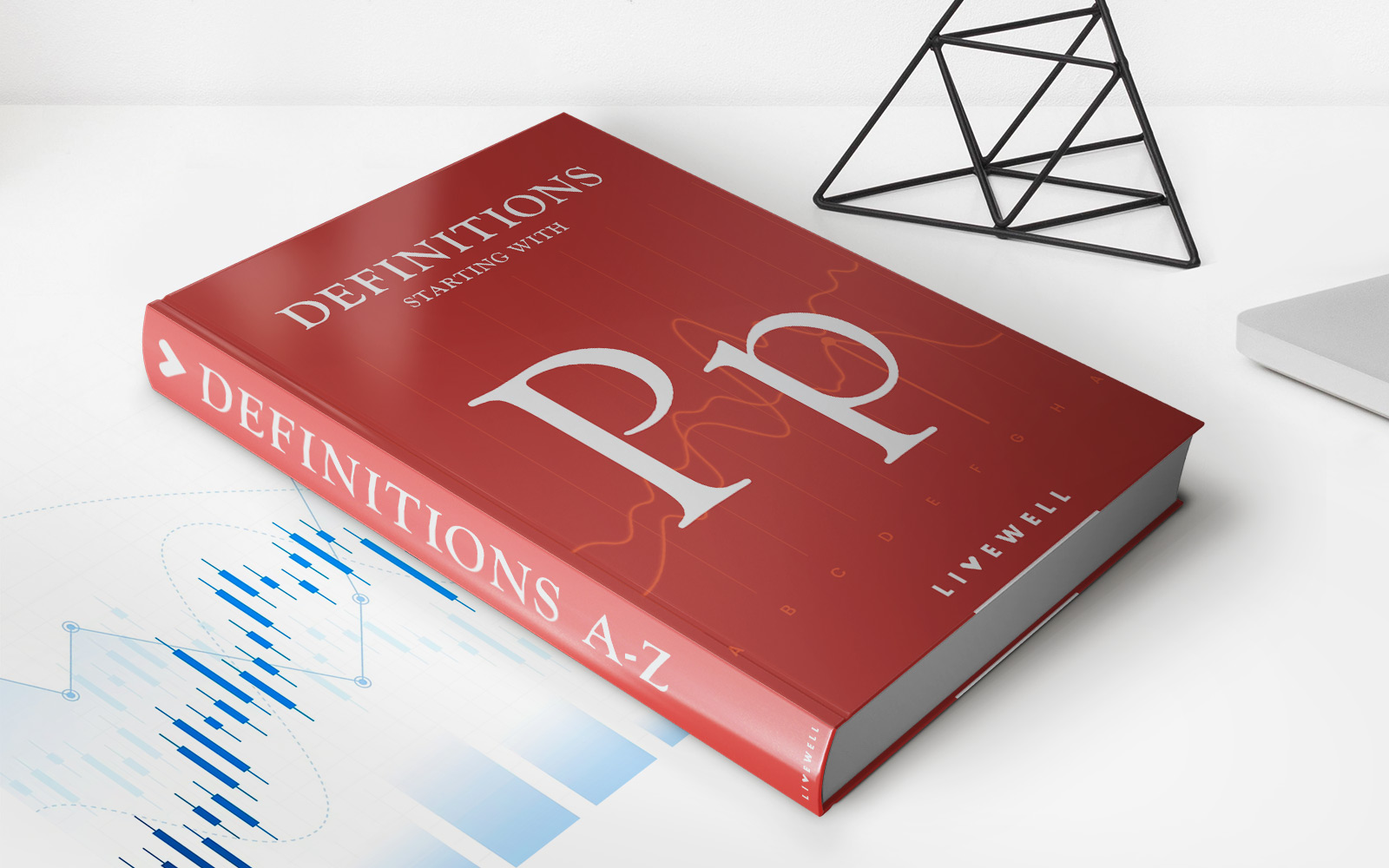

Finance
Property Tax: Definition, What It’s Used For, How It’s Calculated
Published: January 13, 2024
Learn the definition of property tax in the field of finance, discover its purpose, and understand how it is calculated.
(Many of the links in this article redirect to a specific reviewed product. Your purchase of these products through affiliate links helps to generate commission for LiveWell, at no extra cost. Learn more)
Property Tax: Definition, What It’s Used For, How It’s Calculated
When it comes to managing our finances, understanding the different types of taxes is crucial. One tax that often confuses homeowners is property tax. In this blog post, we’ll dive into the details of property tax, explaining what it is, what it’s used for, and how it’s calculated, providing you with a clearer understanding of this important aspect of homeownership.
Key Takeaways:
- Property tax is a tax levied on real estate by governments to fund local services such as schools, roads, and public safety.
- The calculation of property tax is based on the assessed value of the property and the local tax rate.
What is Property Tax?
Before we look at how property tax is calculated, let’s start with a definition. Property tax is a tax levied on real estate by the government. This tax helps fund local services such as schools, roads, and public safety, contributing to the overall development and improvement of communities. It’s important to note that property tax is not a federal tax but is imposed at the local level.
What is Property Tax Used For?
Property tax revenue is used by local governments to provide essential services to communities. Here are some common uses for property tax funds:
- Funding Education: A significant portion of property tax revenue is allocated to support local schools, including teacher salaries, facility maintenance, and educational programs.
- Infrastructure and Public Services: Property tax helps finance the construction and maintenance of roads, bridges, parks, and other public facilities within the community.
- Public Safety: Property tax revenue is used to fund police departments, fire departments, and emergency services, ensuring the safety and well-being of residents.
- Community Development: Some property tax revenue may be allocated to urban planning, affordable housing programs, and other initiatives aimed at improving the quality of life in the community.
How is Property Tax Calculated?
The calculation of property tax varies depending on the local legislation and the assessed value of the property. Here’s a general overview of how it’s calculated:
- Assessment: Assessors determine the value of the property, typically based on factors such as location, size, and amenities. This assessed value may be updated periodically to reflect changes in the real estate market.
- Tax Rate: Local governments set a tax rate, often expressed as a percentage, to determine the amount of tax that property owners must pay. This tax rate can vary between locations and is typically published by the local government.
- Calculation: The property tax owed is calculated by multiplying the assessed value of the property by the tax rate. For example, if the assessed value is $200,000 and the tax rate is 1.5%, the property tax owed would be $3,000.
- Payment: Property tax is usually paid annually or semi-annually, depending on local regulations. Failure to pay property tax can result in penalties, including interest and potential liens on the property.
In Conclusion
Property tax is an essential part of homeownership, providing the necessary funds for local governments to maintain and improve our communities. By understanding what property tax is, what it’s used for, and how it’s calculated, homeowners can navigate this aspect of their finances more effectively. Remember to check your local laws and regulations to ensure compliance and stay informed about any changes that may affect your property tax obligations.
For more information on property tax and other financial topics, be sure to explore our Finance category for valuable insights and tips!
